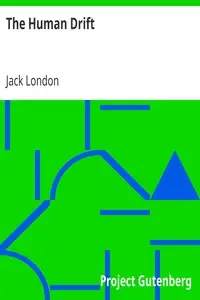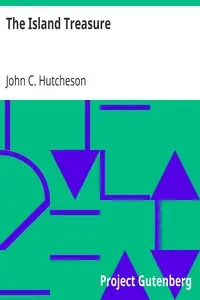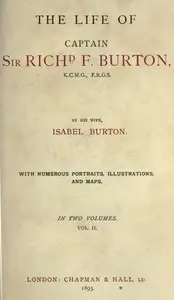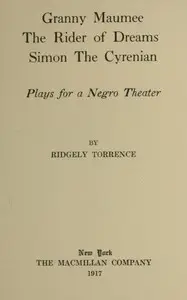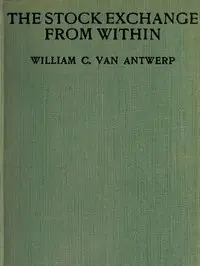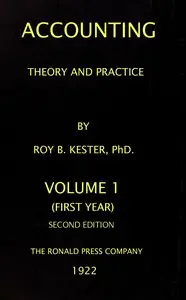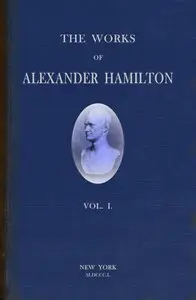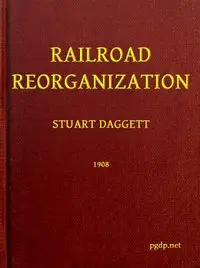"Crystallizing Public Opinion" by Edward L. Bernays is a pioneering work on public relations written in the early 20th century. The book discusses the growing importance of public opinion in modern society, emphasizing how understanding and shaping this opinion has become vital for various organizations and individuals. Bernays presents public relations not merely as a form of publicity but as a strategic practice that can influence the thoughts and behaviors of the masses. The opening of the book features a foreword and preface that contextualize Bernays’ work in a rapidly changing world where public opinion has taken on unprecedented significance. He reflects on the principles of public relations developed in the past decade and how they have been validated through real-world applications. Bernays outlines the role of the public relations counsel as an intermediary who shapes communications between the public and organizations, highlighting the necessity for these professionals to understand public sentiment to effectively manage their clients' public image and influence societal perceptions. The introduction sets the stage for deeper exploration of the techniques and ethical considerations involved in this evolving profession. (This is an automatically generated summary.)
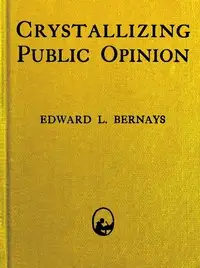
Crystallizing Public Opinion
By Edward L. Bernays
"Crystallizing Public Opinion" by Edward L. Bernays is a pioneering work on public relations written in the early 20th century. The book discusses the...
Edward Louis Bernays was an American pioneer in the field of public relations and propaganda, and referred to in his obituary as "the father of public relations". While credited with advancing the profession of public relations, his techniques have been criticized for manipulating public opinion, often in ways that undermined individual autonomy and democratic values. His best-known campaigns include a 1929 effort to promote female smoking by branding cigarettes as feminist "Torches of Freedom", and his work for the United Fruit Company in the 1950s, connected with the CIA-orchestrated overthrow of the democratically elected Guatemalan government in 1954. Critics argue that his involvement in Guatemala facilitated U.S. imperialism and contributed to decades of civil unrest and repression, raising ethical concerns about his role in undermining democratic governance. He worked for dozens of major American corporations, including Procter & Gamble and General Electric, and for government agencies, politicians, and nonprofit organizations. His uncle was psychoanalyst Sigmund Freud.



